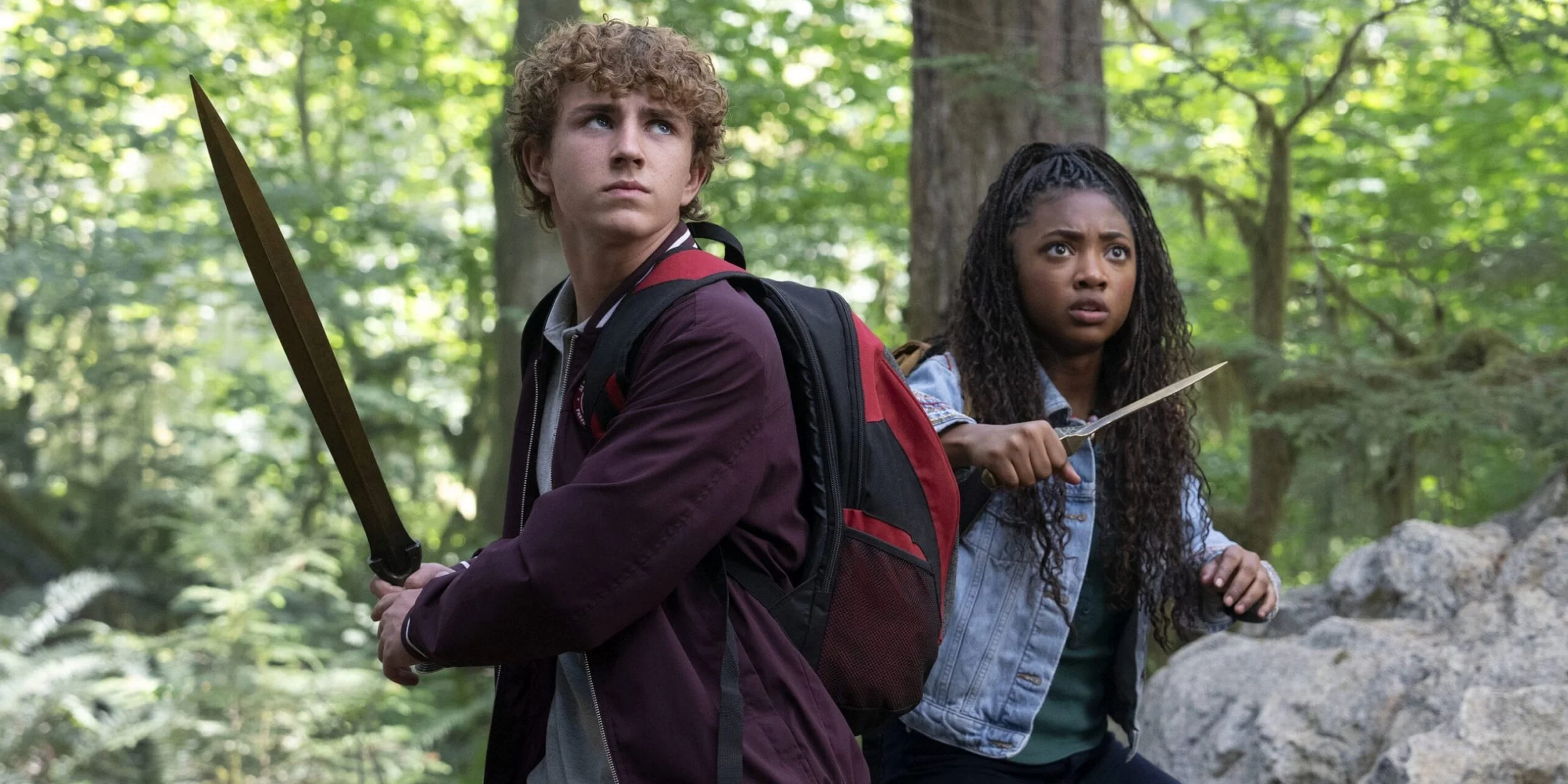The Good Liar
/Ian McKellen (Richard III [1995], The Lord of the Rings trilogy, among others) is at full front and centre here in this second trailer for Bill Condon-directed The Good Liar. Narratively, the film centres on career con artist Roy Courtnay’s difficulty performing what ought to have been a simple swindle of rich widower Betty McLeish, but he finds himself inadvertently enamoured of her.
Musically, the trailer relies in part on a ticking sound that has been covered rather extensively on this blog; still, there are qualities in its timbre and handling that make the use of this modern, aural trailer trope distinctive. In this trailer, it acts as a steady base upon which a variety of distinctive instruments and sounds help one navigate the emotional nuance of the unfolding montage.
“Is that why you think you do it? For the money? It’s the game,” McKellen’s gravelly voice intones, immediately preceding a deep cello of a remarkably similar register while the clock ticks with a subtle but present reverb. At 0:15, a subway train’s whistle demarcates the end of the trailer’s opening cut; just as we’re able to see a man about to be run over by said train, it suddenly cuts to the distinctive popping of a wine cork.
A steady cacophony progressively builds, with horror-like glissandi strings juxtaposed against little, elegant synch-point moments like the clinking of glasses at 0:22. It’s this tension that rests on the semantic hinge of “Good” in the film’s title that the soundscape so effectively conveys: moral goodness is pitted against the alacrity with which McKellen’s character continues his ruse.
These sounds also live on the edge of violence—at 0:27 we see a meat pounder synched to the track, and at 0:32 we are teased in the same manner as the train, with a thudding sound acting as a sound bridge to the character title cards. We know a hand is hit, but we never actually see the frame—the sound, in its place, acts both as a satisfying stand-in as much as it does a driver of morbid intrigue to see the sound’s visual counterpart in theatres.
Sounds continue to build throughout the trailer as a through-composed piece; by 0:48 we finally get to the time-honoured technique of doubling the rhythm, saved for synch with the title cards displaying the film’s promotional catchphrase (“the perfect mark becomes the perfect match”).
These essentially conflicting motivations alluded to by the catchphrase is what obviously propels the film. By conveying this conflict primarily through sound, we are saved from the modern ill of the trailer-as-synopsis. Notably, by the end this trailer’s relatively quick minute-odd running time, we know little to nothing of the film’s actual plot—interest is culled mostly by the wordless narrative of sounds, bolstered by dialogue that is much more philosophical or allusive than concrete.
Early on, McKellen’s character slyly opines, “and we’re tickity-boo”—a phrase that, for all of its nonsensicality, describes this trailer’s musical direction completely.
— Curtis Perry







